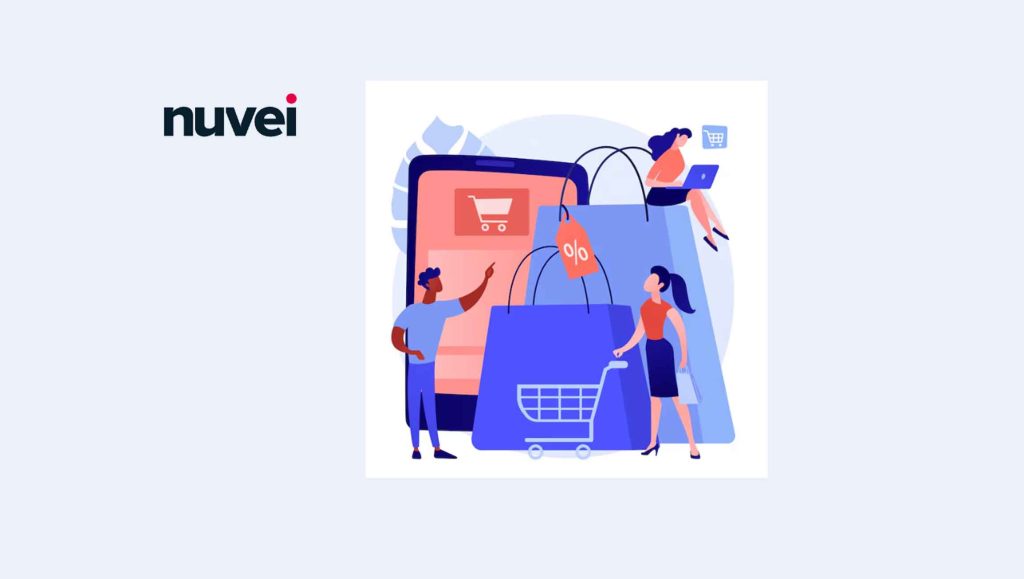 When it comes to innovation in business, there is a delicate balance between leading the way and being led astray. The pace at which today’s world changes places incredible demands on companies to evolve and adapt, but to do so in ways that do not cause undue risk to the bottom line. In many cases, this need for balance causes a type of paralysis among decision makers, leaving them clinging to a status quo which, while safe for the moment, quickly becomes a dated and leaky lifeboat.
When it comes to innovation in business, there is a delicate balance between leading the way and being led astray. The pace at which today’s world changes places incredible demands on companies to evolve and adapt, but to do so in ways that do not cause undue risk to the bottom line. In many cases, this need for balance causes a type of paralysis among decision makers, leaving them clinging to a status quo which, while safe for the moment, quickly becomes a dated and leaky lifeboat.
Brands looking to grow cannot afford to maintain the status quo, and even brands operating as the market leader should realize in the long run, the status quo costs you money. Many brands that fought or delayed digital transformation a decade ago are no longer with us, replaced or usurped by those who took advantage of tools, technologies, and methods that met the demands of a changing market. Today companies face a similar challenge, as immersive technologies and dynamic buyer expectations shift the way business is conducted.
There is a cost associated with being a late adopter, or worse, a laggard, and yet we see the hesitancy within companies every day. Evaluating the reasons for the hesitation and the realities of the value early adoption can deliver is a crucial step towards accelerating past the status quo.
At Dopple, we are working to alleviate the costs of inaction for ecommerce. As a leader in visual commerce, our goal is to inform, educate, and assist brands in becoming the early adopters of a technology that is reshaping the way consumers buy online.
It is common for organizations to simply cope with their current solutions and avoid or delay required technology upgrades. The cost of inaction is the business and opportunity costs associated with organizations not deploying necessary technology and other business-innovation improvements to match the complexity of their business.
The most common drivers of inaction can generally be placed into three categories:
- Lack of technical understanding
- Lack of clarity around application
- Unconvinced of value
Businesses cannot be innovators in a space without an understanding of what a new tool, technology, or method is, how it works, and how it contributes to business objectives. Addressing these drivers is often a catalyst for change within a company.
Vendors are wise to be proactive in educating prospective customers of the value that their solution can provide; however the onus is also on members of the company to be aware of emerging opportunities, whether or not they believe there is an immediate need in their firm.
Once an understanding of the technology is established, the question of if and how it can be applied to a specific business may be explored. While we would generally advocate for embracing technology and all it can do, there is also wisdom in the idea that not every next best thing is best for every business. Any new additions should be strategic, with the potential to drive meaningful results in the most important indicators of success. Most marketers can think of examples where a company invested in a campaign, tool, or idea because everyone was doing it, only to find that it did nothing when applied to their brand. These missteps are often at the root of decisions in favor of inaction.
Defining the expected benefits, as well as specific metrics to determine if the intended goals are met, may alleviate the final blocker of action: proof of value. In an ideal situation, the process of education will deliver insights on the performance of a technology within the business vertical. However, for the innovative brands on the leading edge of adoption, that data rarely exists. In this instance, leaders must determine the level and tolerance of risk associated with adoption, the payoff of success, and a plan for redirection if needed.
Read More: StoreAutomator Names Matt Manzella As New Customer Success Manager
Visual commerce, which includes 3D visualization, product configuration, and augmented reality (AR), represents a largely untapped opportunity in commerce. In a study with NewtonX, Dopple found that while 85% of those surveyed were aware and educated about augmented reality, only 11% had tested or deployed AR in their ecommerce environment. Given that we are early in the adoption curve of 3D and AR for ecommerce, there is far less data available to suggest a guaranteed success than the more widely adopted ecommerce tools. However, for brands who make the bet and take action, there is an endless runway to become an industry leader in the online buying experience, while also avoiding the costs of inaction that later adopters will face.
The quantified costs of inaction will vary between industries and firms, however there are consistent groupings of cost that can be applied to a wide variety of businesses.
3D and AR represent an opportunity to stand out in the sea of retail experiences, but as the scale of adoptions slides to the right, the costs of inaction become clearer. The most obvious costs are linked to the hard costs of the business, i.e. sales and revenue; however there are several more nuanced costs which can quickly add up.
Missed Revenue: Innovative brands often reap the benefits of being recognized as industry leaders, rolling out the newest experiences to buyers and creating a buzz. Exclusion from the buzz, or a negative comparison in light of the buzz created, can lead to negative impacts on key performance indicators. Whether it’s customer acquisition, average order value (AOV), retention, or lifetime value ( LTV), an inefficient system almost always leads to missed items, transactions, or loss of customer affinity.
Consumers who spend more time with a product are more likely to make a purchase and deliver a higher average cart value. A recent evaluation showed that luxury accessory shoppers spent 4.5x more time on a product page enabled with 3D configuration, compared to the static 2D imagery.
With technology in particular, the costs of inaction can be seen in the backend operation of a business, as competitors become more efficient and effective in the industry, compounding missed revenue opportunities with operational costs. Gains in efficiency, reductions in returns, and cost reductions for content creation and management are all measurable effects of deploying a 3D visualization platform.
Cost Avoidance: Advances in technology also often provide a better way to do business, which contributes to less resources and dollars spent. These are the “soft” costs that are a bit trickier to quantify, but can’t be discounted as not worth including in an ROI calculation. Common cost avoidances enabled by 3D and AR include avoiding time spent on non-revenue generating opportunities/products and avoiding errors or reworks with photoshoots.
Cost of Experience Quality: Consumer experience quality is a digital arms race. Once consumers can’t find what they want or don’t feel the experience delivered on expectations that will not come back. 80% of today’s buyers believe that the experience is as important as the product itself. There are too many choices for them to waste their time on not enjoying buying from you. Consider the following:
- Consumers will always choose the best experience, often in place of the “superior” product
- The data generated by buyers during the brand experience is gold, capturing it is priceless
- Word of mouth is the most sincere form of marketing. Does your experience encourage others to talk, DM or evangelize about your brand?
You have to ask yourself, what revenue are you leaving on the table by not taking action? What is it costing you to hesitate? If you were to take the plunge and upgrade your technology and underlying processes to something that was built to match the complexity of your business, what would that cost you, and when would you see a return on that investment?





















